NOTE: Some information in this post is outdated. Read the updated version from 6/17/22.
The increasing popularity of home improvement shows has many homeowners inspired to take on new projects around the house. Are you one of them?
Before you start knocking down walls, consider whether or not your project requires a permit (and get one if it does). Residential permits are needed for many home improvement projects, even if homeowners are planning to do the work themselves – it’s not just to add another task to your to-do list. When a permit is required for residential work, it’s usually because the work has a direct impact on life safety. Not to mention, unpermitted work can negatively impact you down the road if you wish to sell your home or do additional work.
Now, we know what you’re thinking: there are SO MANY things you can do to your home, so how do you know what needs a permit? Here are a few examples:
(Some) Home Improvement Projects that Typically Require Homeowners to Obtain a Permit
- Adding, replacing or upgrading a deck
- Pools
- Repairs to piers or floor joists in crawlspaces under the house
- Adding new light fixtures
- Adding or converting a room, such as converting a garage to extra living space or converting a porch to a sunroom
- Significant kitchen and bathroom upgrades
- Switching out or upgrading major appliances like hot water heaters or HVAC units
- Installing a ceiling fan
See our more detailed guide to permits for homeowners here.
While this list covers some of the most common projects our Code Enforcement team sees, there may be others you’re considering too. So, know this: if the project costs more than $15,000, you need a permit. Also, if the project involves any structural elements or any electrical, mechanical, or plumbing system, it requires a permit regardless of cost.
Homeowners vs. Contractors
Who is doing the work can make a difference. Some projects might require a permit if the homeowner is doing the work (switching out a like-for-like hot water heater or ceiling fan, for example), but an N.C. licensed electrician would not be required to obtain a permit to do the same work for you.
Whether you do the work yourself or hire a contractor, it’s your responsibility as the homeowner to ensure all the necessary permits are obtained before work begins (permits will be issued to the person actually doing the work). Unpermitted work is dangerous and bringing the work into code compliance can be expensive, so when it doubt, check with Code Enforcement’s Residential Technical Assistance Center (RTAC) first!
Getting Residential Permits in Mecklenburg County
If you’ve determined that your project requires a permit, the next step is to get one. Here are a few things you should know:
- For most small projects, permits can be issued in a few days (some are even issued instantly online). But, major renovations may take a bit longer, so allow for extra time.
- Your work may require multiple inspections to ensure that work has been done correctly at each phase of the project. The RTAC can help you determine how many inspections your project may need.
- If no inspections are requested, permits expire in six months. After inspections begin, the expiration clock is reset to one year on all of the permits under that project.
- Each municipality may have different planning or zoning ordinances that impact your project. So, check with the zoning department where the project is located BEFORE submitting a permit application to Mecklenburg County Code Enforcement.
- Homeowners acting as contractors will need to have the address of the property, a description of the project, and possibly some simple drawings prepared to start the permitting process.

Mecklenburg County staff helping customers in our office on Suttle Avenue in Charlotte.
We can’t stress enough that our staff is here to help you at all stages of your project. If you’re not sure if your project needs a permit, need help starting the application process, have questions about inspections, or need more information about residential permits in general, contact Code Enforcement at 980-314-CODE (for the RTAC, follow the prompts for residential technical assistance). You can also stop by Code Enforcement’s offices at 2145 Suttle Avenue in Charlotte (open 8 a.m.-5 p.m. on weekdays, except for County holidays).
